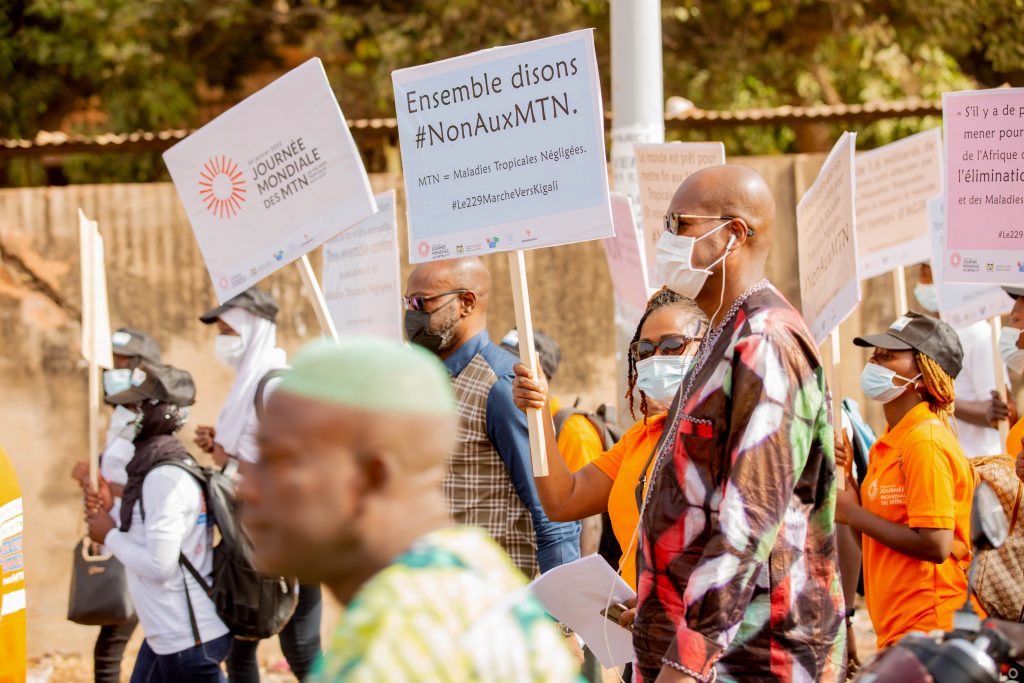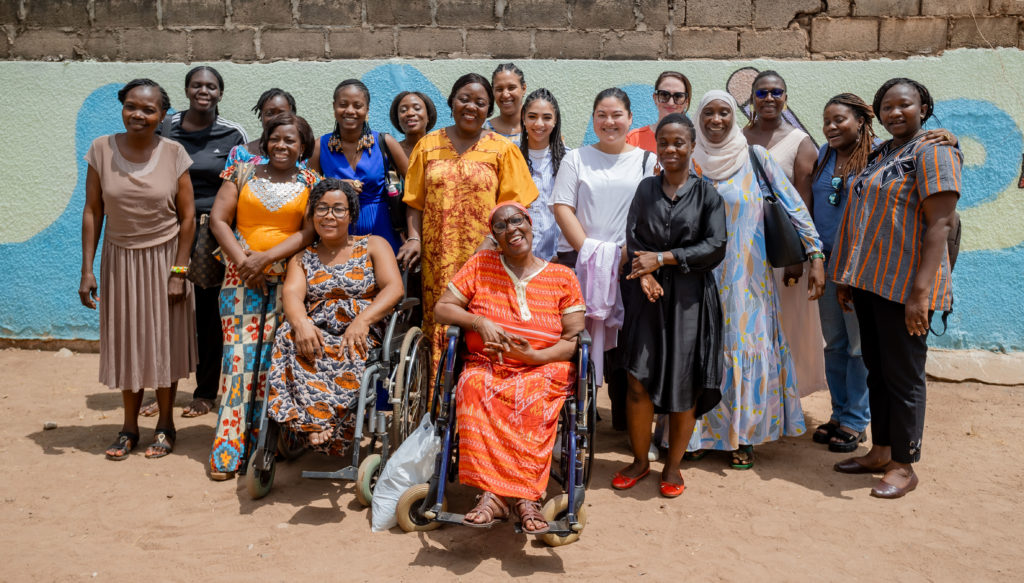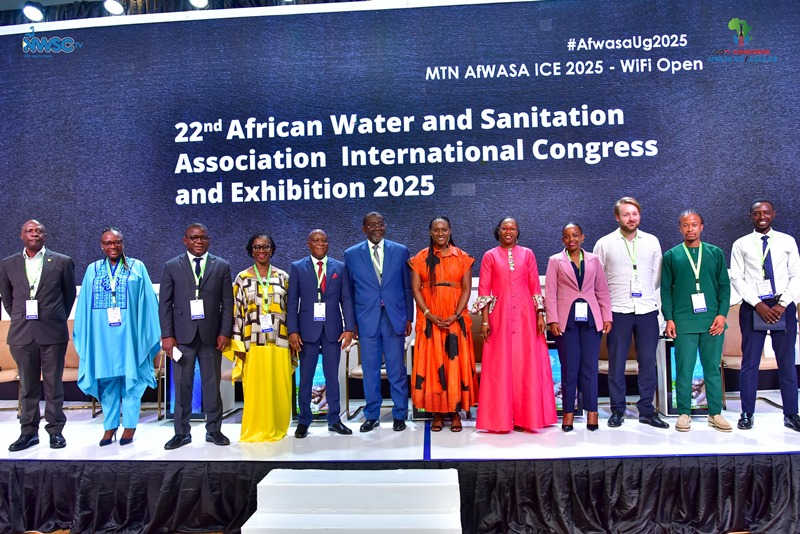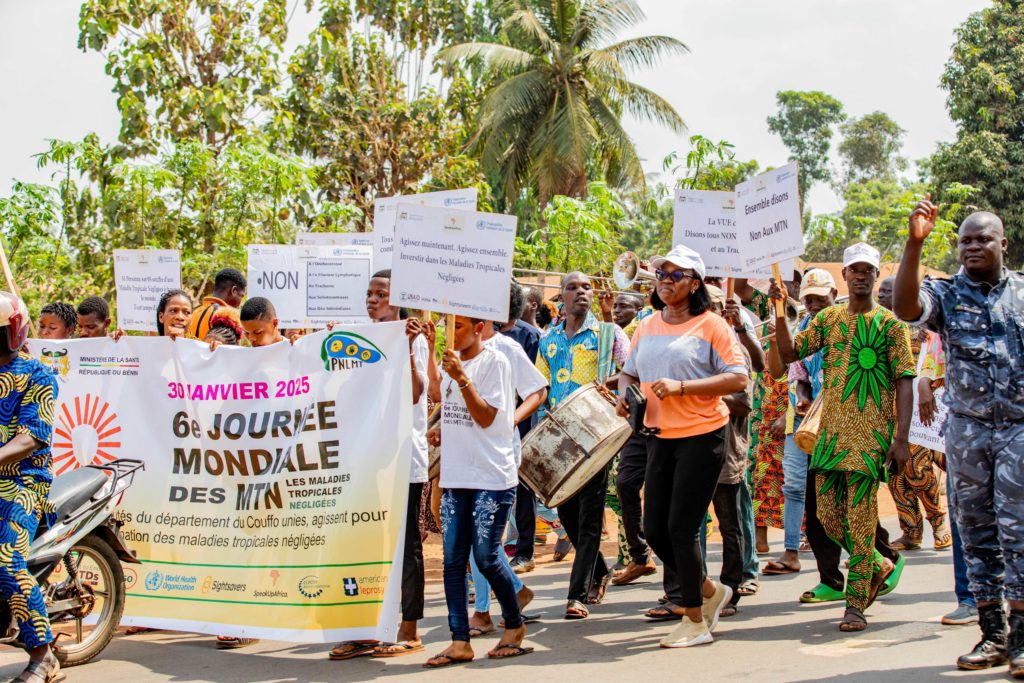On World NTD Day, We Must Commit to Accelerating the Fight to End NTDs

January 30 is the third annual World NTD Day, whose theme this year is “Achieving health equity to end the neglect of poverty-related diseases.” This day is a time when people across the globe join together to acknowledge the heavy toll that neglected tropical diseases have taken and commit to taking action to eliminate them.
But this year, World NTD Day takes on a special significance – it’s the first time this day is being officially recognized by the World Health Organization. That’s groundbreaking for the countries bearing the burden of these diseases as well as the 1.7 billion people adversely affected by them.
This recognition comes at a critical moment in the fight against NTDs. We’re now almost two years into a global pandemic, and during that time we’ve seen our hard-fought progress on NTD elimination severely threatened by the spread of COVID-19. While the pandemic has negatively impacted a wide variety of essential health care services, it’s been particularly detrimental to NTD programs, with disruptions occurring in 44% of countries and severe disruptions reported in 19% of countries.
The COVID-19 pandemic has further demonstrated how crucial it is for all countries to take ownership of their health care challenges and be involved in the solutions. We’ve seen how lifesaving COVID-19 vaccines and treatments are not reaching people in African nations. Part of the reason is that Africa imports 99% of all of its vaccines while consuming 25% of the global vaccine supply. This has got to change.
African nations take the lead
The good news is that African nations, which are disproportionately affected by NTDs, are demonstrating tremendous leadership in the effort to eliminate these diseases. For example, the WHO Regional Office for Africa created the Expanded Special Project for Elimination of Neglected Tropical Diseases (ESPEN) in May 2016 to disseminate best practices, organize activities, and provide technical support. Coordinated, African-led efforts like this have led to the elimination of at least one NTD in 34 countries, including 10 in Africa.
This leadership and active involvement can be seen at every level—from national health agencies to local governments to community organizations—and across public and private sectors. Country governments are prioritizing the elimination of NTDs, ensuring long-term management and sustainability of NTD programs that align with national health strategies. Community health workers are being trained to be the first line of defense against these diseases. Awareness raising campaigns and activities are informing the people who are mostly likely to contract NTDs about ways to prevent and treat them.
NTD elimination requires a multipronged approach
The organization I launched 10 years ago, Speak Up Africa, was founded on the premise that African nations must develop the solutions needed to tackle African health challenges. So it was natural for us to put the elimination of NTDs at the top of our agenda, since nearly 40% of the NTD burden is in Africa. Our approach has three key goals: strengthening political commitment to increase domestic resources for NTDs, working with stakeholders to make NTD decision-making spaces more inclusive, and supporting the creation of an enabling environment for increased prioritization of NTD elimination across all sectors.
In 2019, we launched “No to NTDs,” a grassroots movement to increase awareness, prioritization, and national commitment to accelerate the control and elimination of NTDs in Africa. In that short time, we have achieved a high level of engagement with governments, the private sector, youth groups, and civil society; increased domestic resources for sustainable funding and worked with NTD programs and civil society organizations to implement sustainable advocacy strategies.
In April 2021, Speak Up Africa and a group of likeminded organizations launched “March to Kigali,” an integrated campaign aimed at securing commitments from national and sub-national stakeholders to eliminate both NTDs and malaria. Building on the successes of the “No to NTDs” and “Zero Malaria Starts with Me” campaigns, “March to Kigali” specifically calls for the integration of malaria and NTD programs, with a particular focus on strengthening data and surveillance systems to improve timely deployment of malaria and NTD interventions and on multisectoral collaboration.
More than 150 civil society and local organizations, media outlets, and individuals across the sub-region have signed the “March to Kigali” call to action, which demonstrates the incredible engagement and leadership that exists at the country level to end these diseases.
This World NTD Day, join us in Senegal and Benin as we march through selected cities to mobilize the attention of policymakers and the public on the need to increase awareness of and engagement in the effort to end NTDs.


